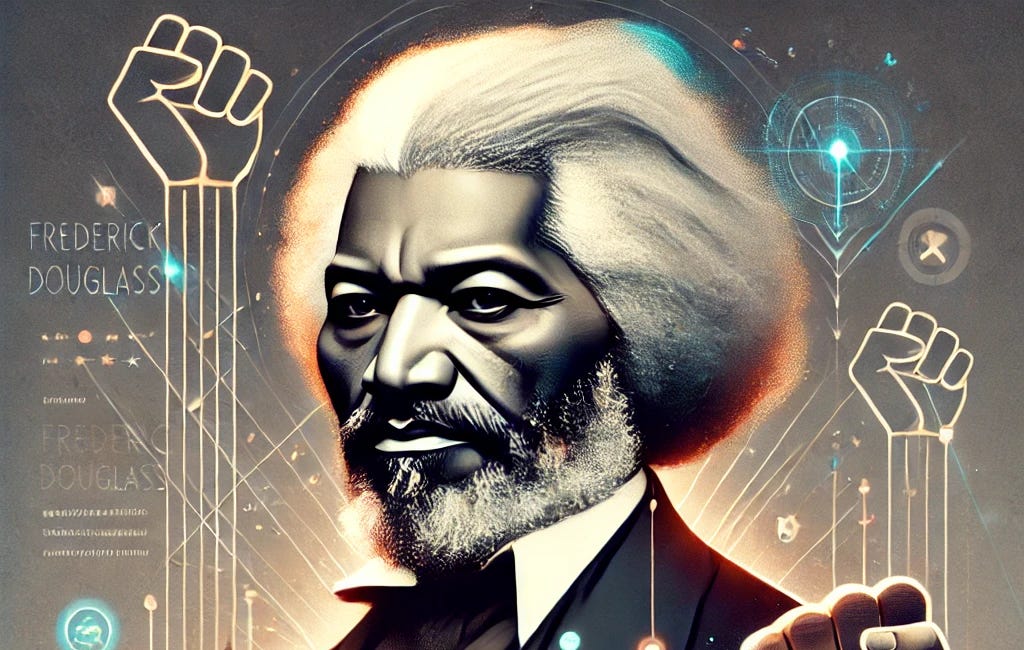75: All Bets Are Off
Everybody Knows the Fight is Fixed
In a world where norms are breaking, rhetoric is incendiary, and outcomes are increasingly unpredictable, we are faced with a political reality unlike anything we have encountered before. "All bets are off" captures the essence of this unprecedented moment. The frameworks we relied on to understand power and authority are rapidly eroding, leaving us in a state where not only is anyone capable of winning, but more alarmingly, everyone might lose.
The Collapse of Predictability
Traditional political conventions have always provided some guardrails, offering analysts and citizens alike a way to anticipate outcomes. But today, those conventions are being shattered. Donald Trump’s return to the U.S. presidency embodies this disruption. His rhetoric, which has intensified in divisiveness and unpredictability, has rendered political forecasting futile. As The New Yorker noted, his cabinet nominations reflect a concentration of power in the hands of oligarchs, fundamentally shifting the structure of governance.
Canada, once considered a bastion of stability, has not been spared. Trump’s suggestion that Canada should become the 51st state (or in our view 51-65) sent shockwaves through political and public discourse. Canadian leaders, from Jean Chrétien to Doug Ford, have issued scathing rebukes, underscoring the unprecedented nature of such remarks. With Prime Minister Justin Trudeau having resigned and an election expected within months, the political landscape in Canada is in turmoil, leaving uncertainty about its future.
The Pervasive Threat of Violence
One of the defining features of this era is the looming threat of violence. Trump’s rhetoric, laced with implicit calls to action for his most extreme supporters, heightens the risk of political unrest and stochastic terrorism. In Canada and elsewhere, his rhetoric has emboldened far-right groups, feeding into existing culture wars and creating dangerous fault lines.
This pervasive instability is a feature, not a bug, of what some have called "polycrisis politics." Economic inequality, climate disruption, information chaos, and institutional fragility converge to create a volatile environment ripe for exploitation by demagogues and opportunists. Trump’s ability to thrive in this chaos—and indeed, amplify it—demonstrates how the rules of engagement have shifted.
Why No One Can Win
We often frame crises in terms of winners and losers. But the current moment challenges even that binary. The stakes have become so high and the systems so fragile that the likelihood of mutual destruction outweighs any potential victories. Trump’s rhetoric may galvanize his base, but it also pushes the U.S. closer to internal conflict. His policies may weaken Canada’s economy, but the fallout will undoubtedly hurt the U.S. as well. Globally, his rhetoric diminishes America’s standing, undermining alliances and emboldening authoritarian regimes.
This zero-sum environment is exacerbated by a social media crisis. TikTok is on the verge of shutting down in North America. Yes the narrative revolves around a ban, but the ban is designed to force a sale, and that won’t be happening. TikTok has been the dynamic player in the culture, and with their retreat, expect new ones to try and follow in the footsteps of Bluesky.
The false promise of responsible social media moderation has collapsed, and enforcement on platforms will be entirely within the hands of algorithms. While it will never be the kind of free for all that first amendment nerds desire, it will allow a radical increase in the expression of violence and bigotry.
With social media amplifying disinformation and fostering distrust, the public is left disoriented. Authority itself becomes suspect, making collective action and systemic solutions nearly impossible.
In this environment, where norms and conventions no longer apply, the only certainty is uncertainty. This is not an age where authority simply evolves; it is an age where authority is being redefined in real time. And the stakes couldn’t be higher.
The Dawn of the Polycrisis Era
We are witnessing a profound crisis of authority. Not a single event, but an unraveling that signals the beginning of what many are calling the polycrisis era—a convergence of overlapping, interconnected crises that expose the fragility of our systems and the inadequacy of our leaders. The obvious face of this is climate change, but it is not the only s…




